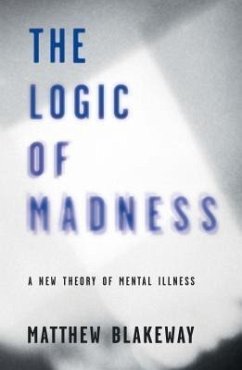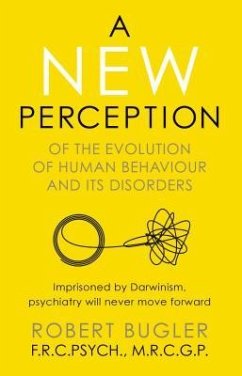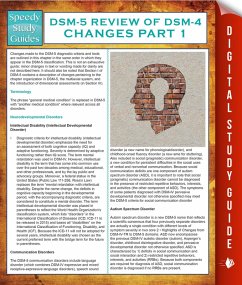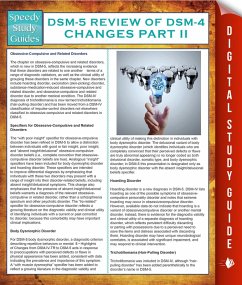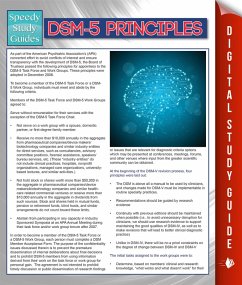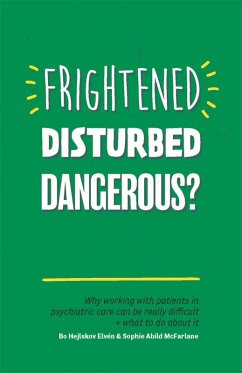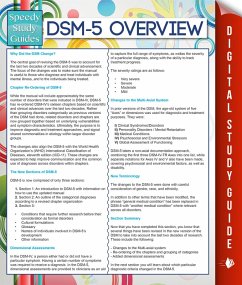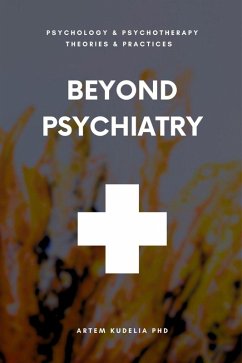
Madness and Literature (eBook, ePUB)
What Fiction Can Do for the Understanding of Mental Illness
Redaktion: Gammelgaard, Lasse R.
Versandkostenfrei!
Sofort per Download lieferbar
72,95 €
inkl. MwSt.
Weitere Ausgaben:

PAYBACK Punkte
36 °P sammeln!
Mental illness has been a favourite topic for authors throughout the history of literature, while psychologists and psychiatrists such as Sigmund Freud and Karl Jaspers have in turn been interested in and influenced by literature. Pioneers within philosophy, psychiatry and literature share the endeavour to explore and explain the human mind and behaviour, including what a society deems as being outside perceived normality.Using a theoretical approach that is eclectic and transdisciplinary, this volume engages with literature's multifarious ways of probing minds and bodies in a state of mental ...
Mental illness has been a favourite topic for authors throughout the history of literature, while psychologists and psychiatrists such as Sigmund Freud and Karl Jaspers have in turn been interested in and influenced by literature. Pioneers within philosophy, psychiatry and literature share the endeavour to explore and explain the human mind and behaviour, including what a society deems as being outside perceived normality.
Using a theoretical approach that is eclectic and transdisciplinary, this volume engages with literature's multifarious ways of probing minds and bodies in a state of mental ill health. The cases and the theory are in dialogue with a clinical approach, addressing issues and diagnoses such as trauma, psychosis, bipolar disorder, eating disorders, self-harm, hoarding disorder, PTSD and Digital Sexual Assault.
The chapters in Part I address literary representations of madness with a historical awareness, outlining the socio-political potentials of madness literature. Part II investigates how representations of mental illness in literature can offer unique insights into the subjective experience of alternative states of mind. Part III reflects on how literary cases can be applied to help inform mental health education, how they can be used therapeutically and how they are giving credence to new diagnoses. Throughout the book, the contributors consider how the language and discourses of literature-both stylistically and theoretically-can teach us something new about what it means to be mentally unwell.
Using a theoretical approach that is eclectic and transdisciplinary, this volume engages with literature's multifarious ways of probing minds and bodies in a state of mental ill health. The cases and the theory are in dialogue with a clinical approach, addressing issues and diagnoses such as trauma, psychosis, bipolar disorder, eating disorders, self-harm, hoarding disorder, PTSD and Digital Sexual Assault.
The chapters in Part I address literary representations of madness with a historical awareness, outlining the socio-political potentials of madness literature. Part II investigates how representations of mental illness in literature can offer unique insights into the subjective experience of alternative states of mind. Part III reflects on how literary cases can be applied to help inform mental health education, how they can be used therapeutically and how they are giving credence to new diagnoses. Throughout the book, the contributors consider how the language and discourses of literature-both stylistically and theoretically-can teach us something new about what it means to be mentally unwell.
Dieser Download kann aus rechtlichen Gründen nur mit Rechnungsadresse in A, D ausgeliefert werden.




